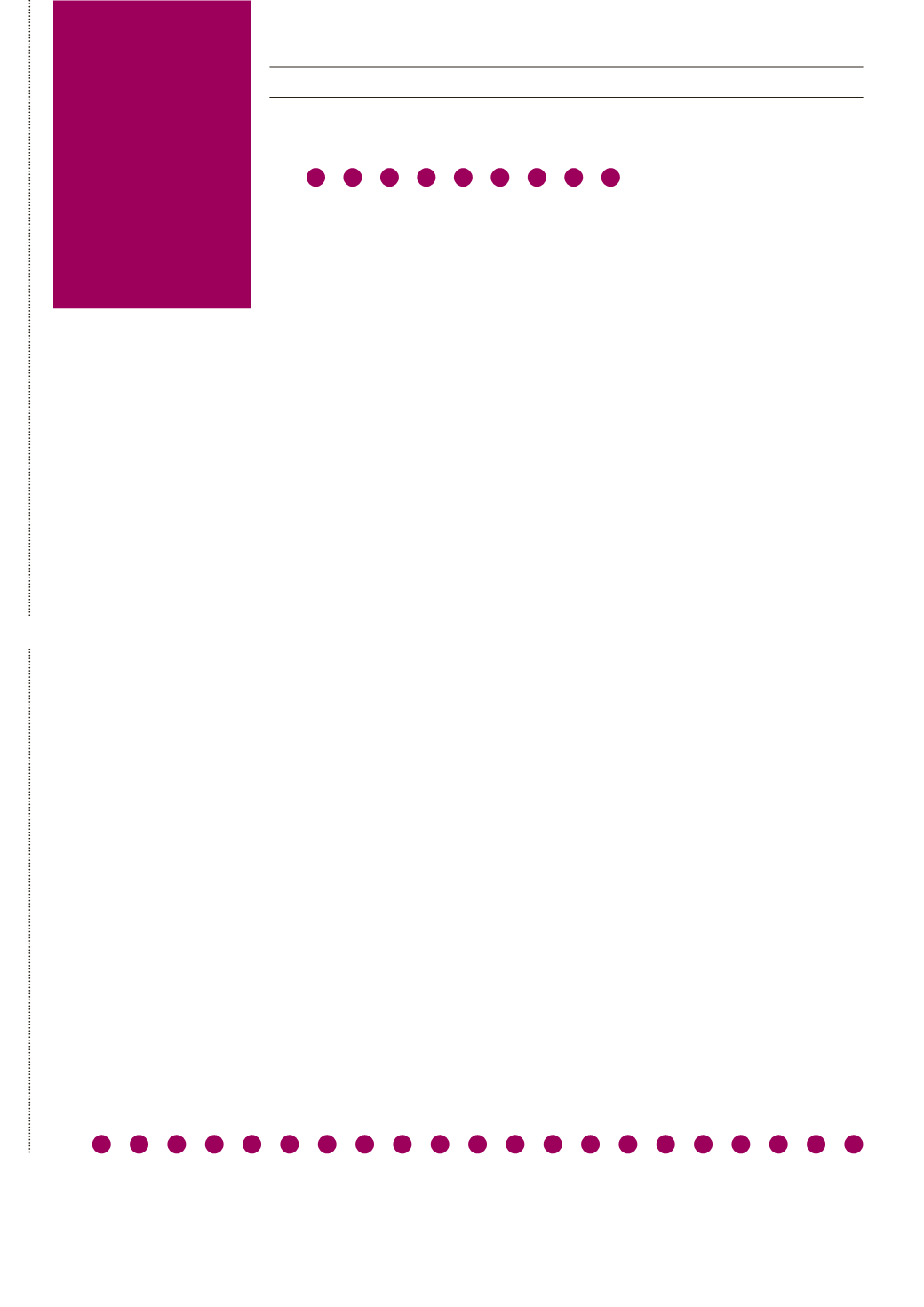

"
Keep and Copy Series
VOLUME 13 NUMBER 1 • JULY 2016
45
SA JOURNAL OF DIABETES & VASCULAR DISEASE
Patient
information
leaflet
WOMEN WITH DIABETES FACE
SPECIFIC CHALLENGES
Diabetes is a condition in which the blood glucose (sugar) level remains too high. This
has disastrous effects on health, damaging nerves and blood vessels and causing
alterations in mood and wellbeing. Although some people develop diabetes at a young
age, more commonly it arises later in life, especially in people with an unhealthy diet,
who put on weight and do not get sufficient physical activity.
1,2
S Afr J Diabetes Vasc Dis
2016;
13:
45–46
WOMEN WITH DIABETES ARE AT INCREASED
RISK OF HEART DISEASE
Due to the oestrogen in their bodies, premenopau-
sal women without diabetes have a risk of having
a heart attack or a stroke (cardiovascular disease)
that is considerably lower than that in men of the
same age. However, with diabetes, that protection
is lost, placing women at a devastatingly increased
risk of cardiovascular disease and death in compari-
son with their peers.
2
RELATIONSHIPS CAN SUFFER: TALKING IS
THE KEY
Significantly more women with diabetes refrain
from sexual activity and are dissatisfied with their
sex life than those without. Usually this means that
they just don’t seem to feel in the mood for sex.
And this can cause problems in relationships, which
can be compounded even more when her partner
does not understand the condition, or is fearful of
somehow hurting her because she has diabetes.
2
In fact, when men don’t understand, just her hav-
ing diabetes can sometimes put the relationship in
jeopardy.
2
Of course, all of these problems might cause a
woman to feel depressed. But depression can also
arise directly from the changes in glucose levels, so
it can be a particular problem for women with dia-
betes.
2
Regretfully, many of these concerns are so
private that women do not feel comfortable talking
about them. But they can be easily managed with
some education and the right professional care!
DIABETES CAN ARISE DURING PREGNANCY
For some women, diabetes may be a problem dur-
ing pregnancy when hormonal changes, which
normally encourage growth of the baby, cause the
mother’s blood glucose level to rise.
2
The first signs
of this ‘gestational diabetes’ may be similar to those
of severe diabetes – being thirsty all of the time,
passing a lot of urine and losing weight despite be-
ing pregnant.
2
Gestational diabetes is a serious condition that
increases the chance of the mother needing a cae-
sarean section, and may cause other health risks
for both mum and baby into the future. Both mother
and baby have an increased chance of developing
type 2 diabetes later in life, especially if they are
overweight and do not get enough physical activity.
If gestational diabetes is recognised early and
properly treated, all of these risks are significantly
reduced.
2
Insulin is usually recommended and, as
long as blood glucose levels remain normal, injec-
tions can usually be stopped as soon as the baby
is born.
2
LEARNING ABOUT DIABETES CAN PROTECT
THE WHOLE FAMILY
Anyone can develop diabetes. Looking out for
the symptoms means that you are prepared if



















